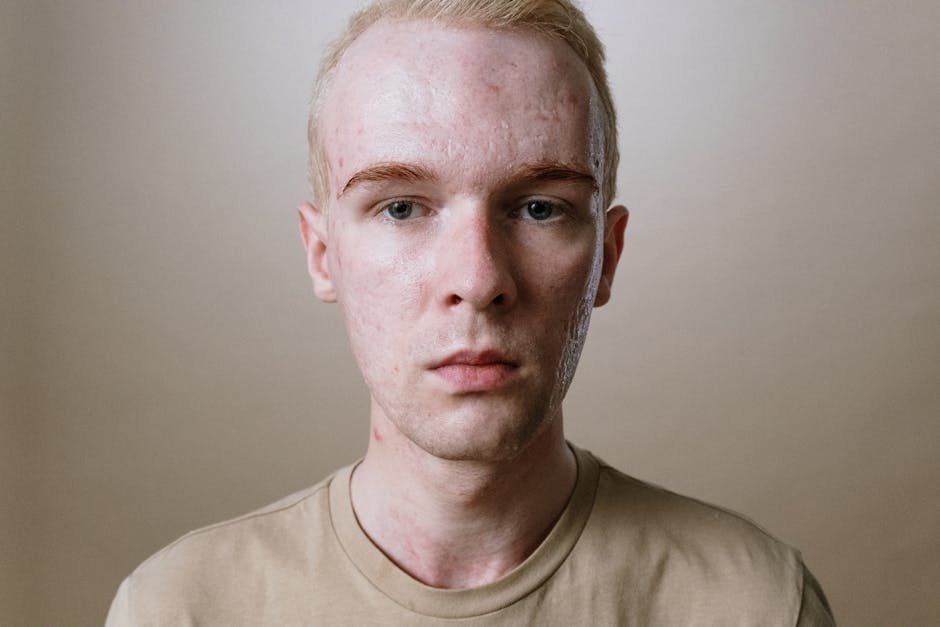Introduction: Understanding Hair Fall
Hair fall, or alopecia, is a common concern affecting millions of people worldwide. While losing 50–100 hairs per day is normal, excessive hair shedding can signal underlying health or lifestyle issues. Hair is not just about appearance—it reflects overall health, nutrition, and stress levels. Understanding the causes and taking proactive steps can help reduce hair loss and promote healthy growth.
Common Causes of Hair Fall
Hair fall can occur due to a combination of genetics, lifestyle, and environmental factors:
- Nutritional deficiencies: Lack of essential vitamins and minerals, such as iron, zinc, and biotin, can weaken hair.
- Stress: Physical or emotional stress can trigger temporary hair loss (telogen effluvium).
- Hormonal imbalances: Thyroid disorders, PCOS, or changes during pregnancy and menopause can affect hair health.
- Genetics: Male or female pattern baldness is often hereditary.
- Medical conditions and medications: Certain illnesses or medications may contribute to hair shedding.
- Hair care practices: Excessive heat styling, chemical treatments, and tight hairstyles can damage hair follicles.
Lifestyle Habits to Reduce Hair Fall
Small changes in your daily routine can support healthier hair:
- Balanced diet: Include protein-rich foods, leafy greens, nuts, seeds, and fruits for essential vitamins.
- Regular scalp care: Gentle massage and proper cleansing stimulate blood flow and maintain scalp health.
- Manage stress: Yoga, meditation, and relaxation techniques reduce stress-related shedding.
- Avoid harsh treatments: Limit heat styling, bleaching, and chemical treatments.
- Stay hydrated: Proper hydration supports hair and scalp health.
Supplements That Support Stronger Hair
Certain supplements can complement a healthy lifestyle to reduce hair fall:
- Biotin: Strengthens hair and nails, supporting growth.
- Vitamin D: Promotes healthy follicles and reduces shedding.
- Zinc: Supports hair repair and growth.
- Iron: Essential for oxygen delivery to hair follicles.
- Collagen peptides: Strengthen hair structure and improve elasticity.
- Omega-3 fatty acids: Reduce inflammation and nourish the scalp.
Tip: Combine supplements with a nutrient-rich diet for the best results.
When to Consult a Professional
Seek medical advice if you notice:
- Rapid or patchy hair loss
- Bald spots or scalp irritation
- Hair thinning alongside other health issues
A healthcare provider can help identify underlying causes and recommend appropriate treatments or supplements.
Conclusion: Nurturing Your Hair for Long-Term Health
Hair fall is often preventable and manageable through balanced nutrition, mindful habits, and targeted supplements. By addressing root causes, you can maintain thicker, stronger, and healthier hair.
At bravo vitamin, we provide premium, authentic supplements and guidance to support your hair health journey, helping you look and feel your best every day.


